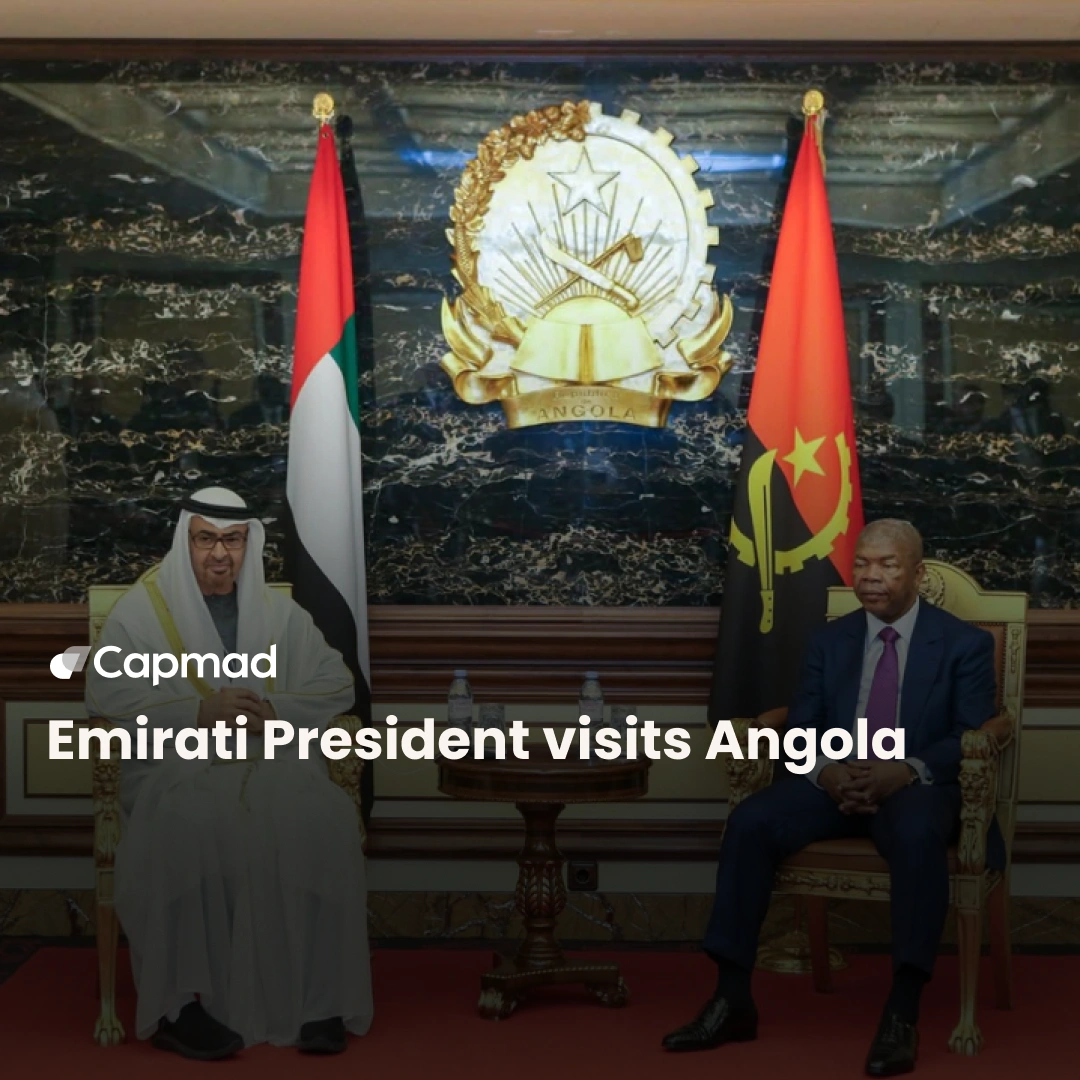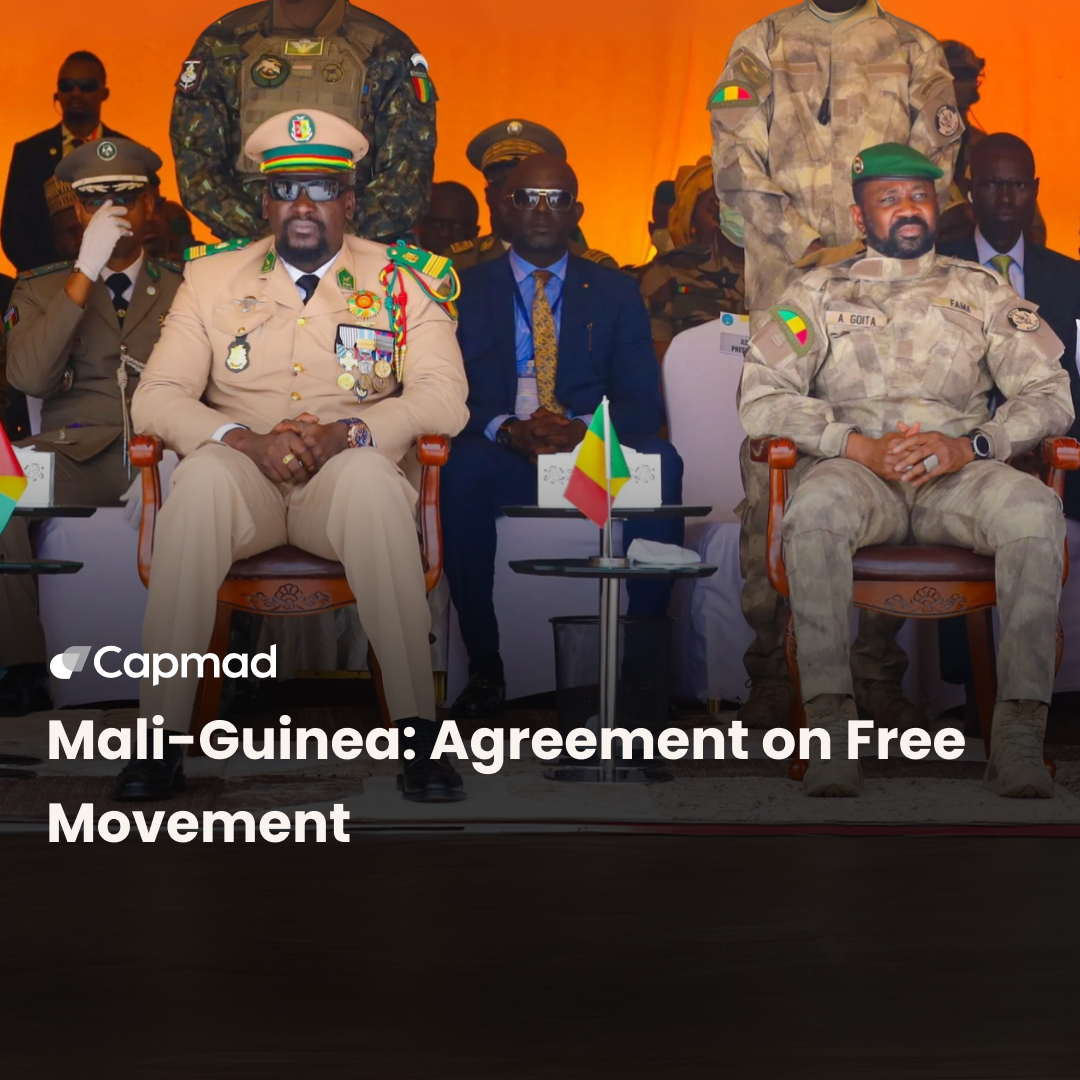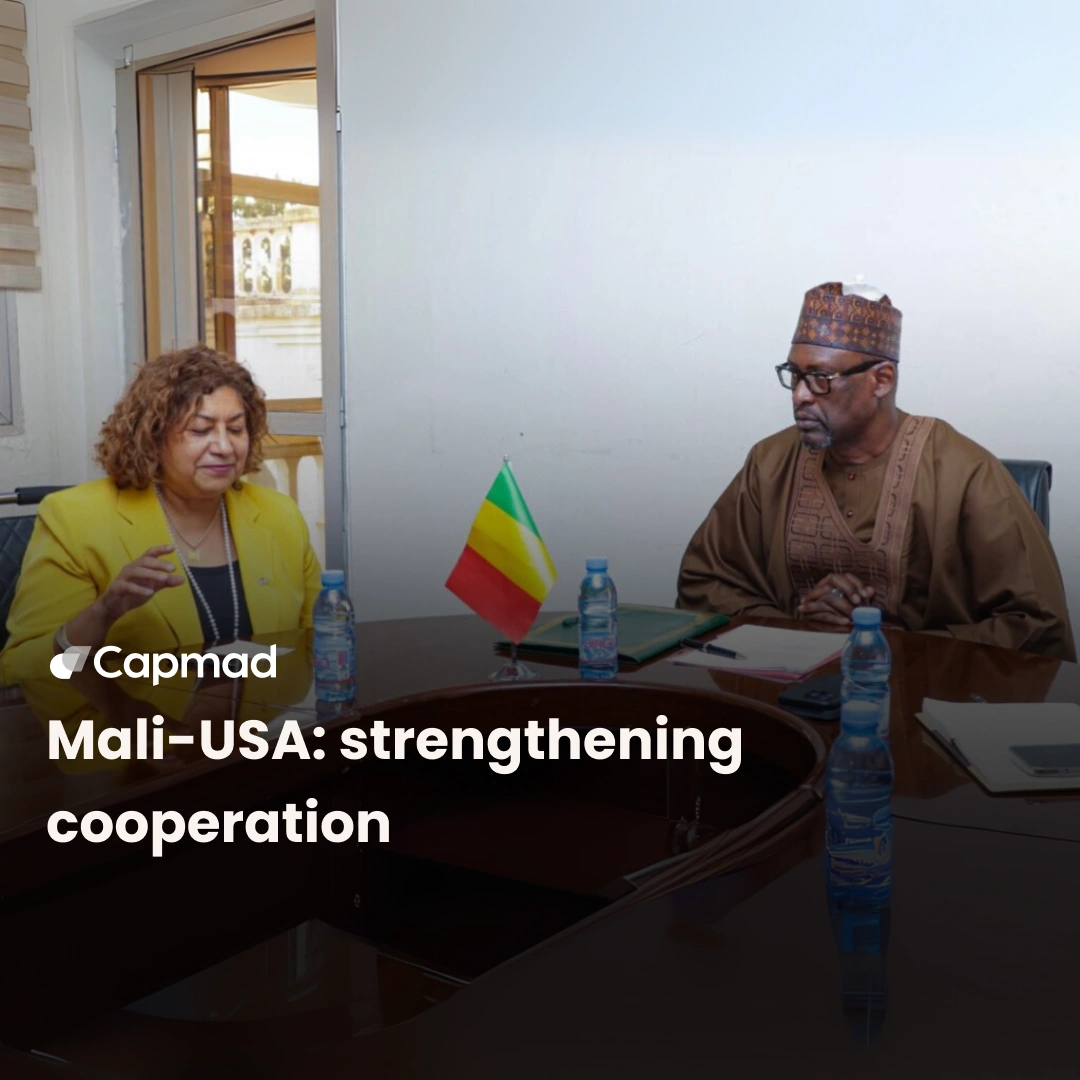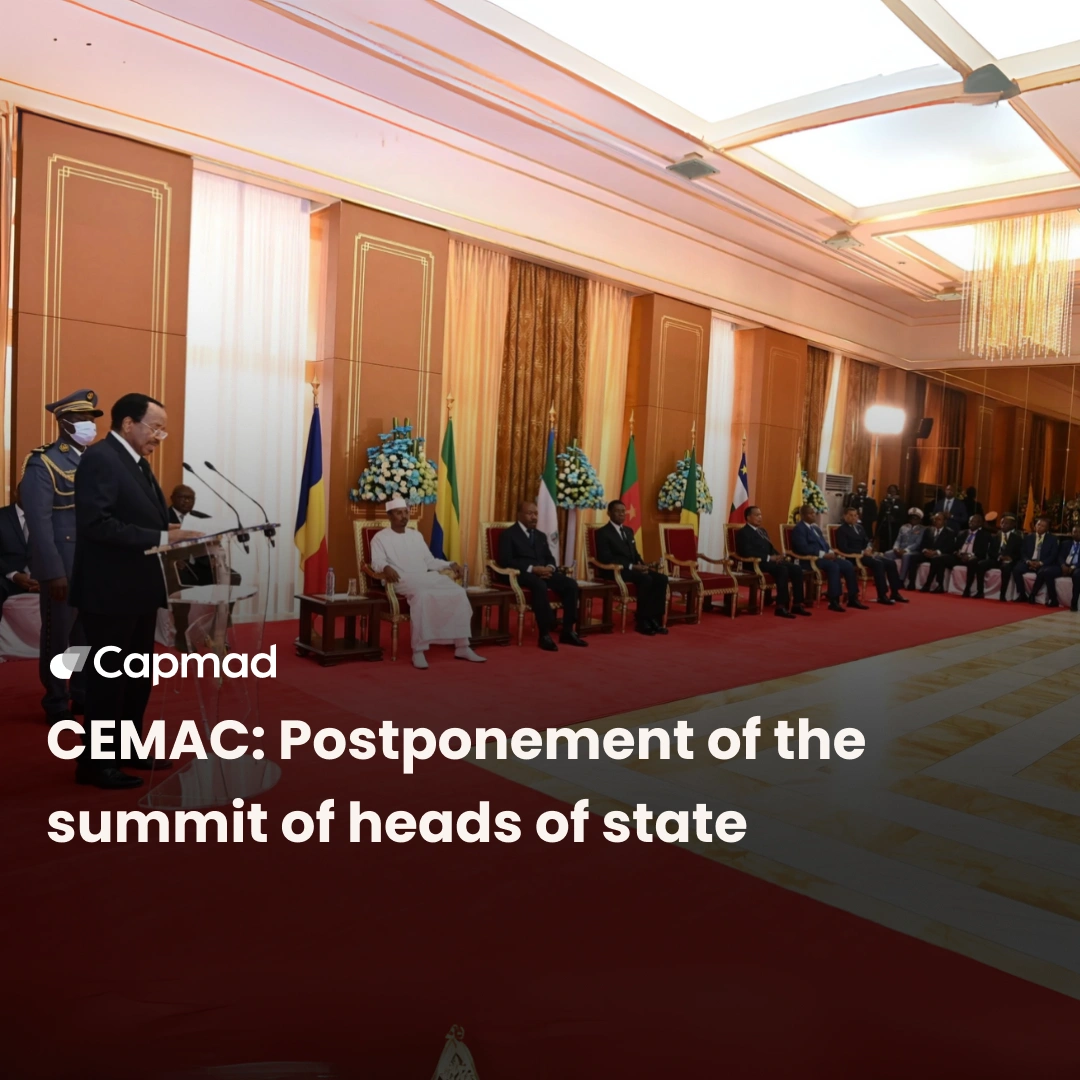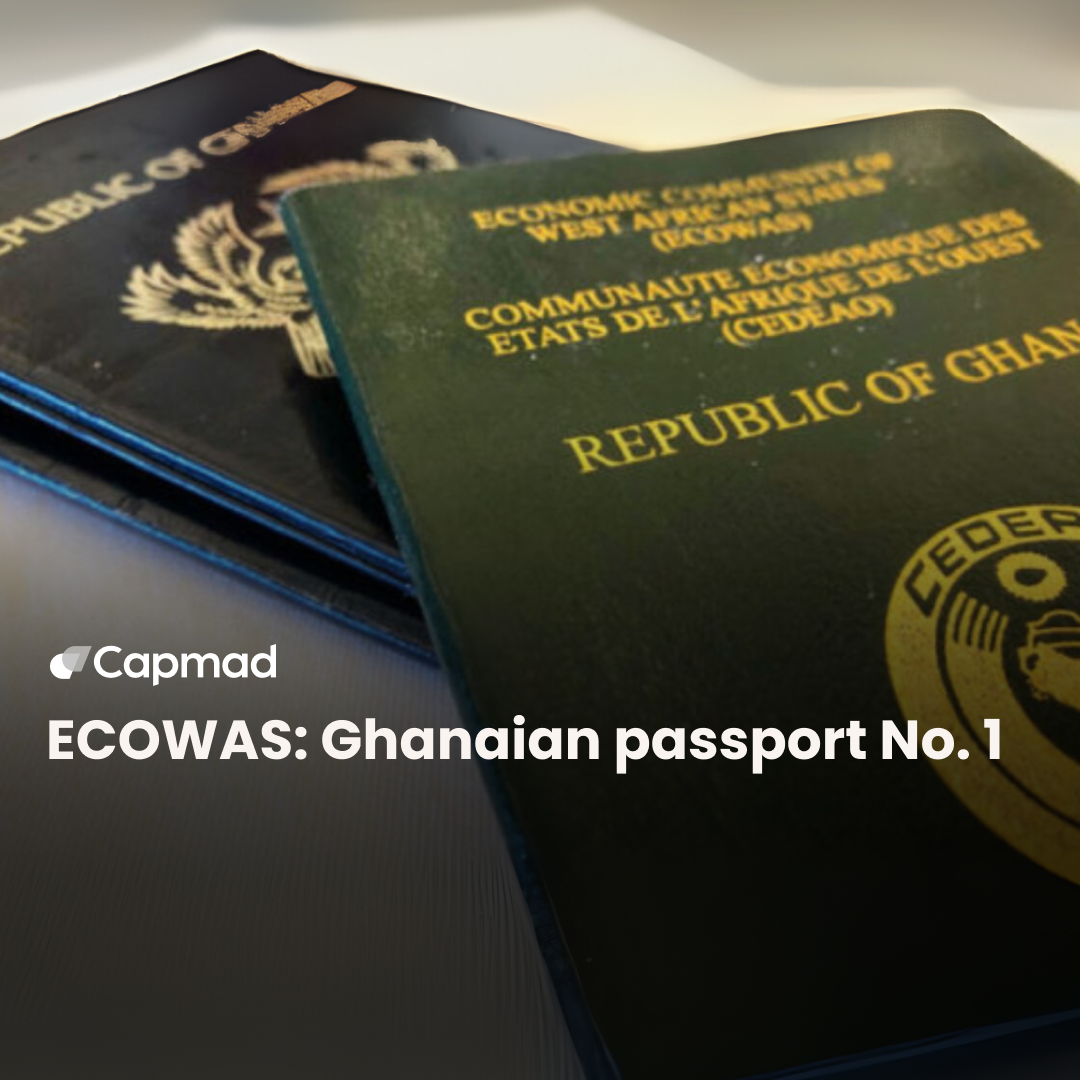Over the past decade, Russia has reaffirmed its influence in Africa, achieving a geostrategic victory destabilizing Western positions, particularly those of France. This resurgence is built on skillful strategies and targeted interventions that are redefining international relations on the African continent.
Rise of Russian diplomacy in Africa
Since 2014, following the annexation of Crimea and intervention in Ukraine, Russia has actively repositioned itself on the international stage. In 2017, Moscow initiated a significant phase of its return to Africa, starting with Sudan and thenextending to the Central African Republic. By 2020, Russia focused its efforts on the Sahel, a region plagued by recurrent coups. This resurgence is also marked by an increased presence in Libya and a growing influence in Chad.
Russia’s efforts rely mainly on two levers: manipulating post-colonial resentment in Africa against Western powers and deploying the Wagner militia to ensure the security and advancement of Russian interests on the ground. These strategies highlight Moscow’s ability to exploit historical tensions to strengthen its grip on the continent.
Strategies and instruments of Russian policy in Africa
Russian diplomacy in Africa employs a combination of political and military strategies to assert itself. After the collapse of the USSR, Russia reduced its presence in Africa, but Vladimir Putin successfully revived these historical ties, which had been established during the Soviet era, by capitalizing on past relationships with African elites. The education of sub-Saharan students during the Soviet period plays a crucial role in this revival.
The Wagner militia, employed to secure Russian interests in Africa, is a key tool in this strategy. This entity, often discreet but influential, allows Russia to extend its control while minimizing the political and financial costs associated with an official military presence. In June 2023, despite Wagner’s temporary collapse following Prigozhin’s rebellion, Russia quickly reorganized its forces, creating the Africa Corps under the leadership of a Deputy Minister of Defense. This reorganization marks a transition to a more open and structured operation, signaling a new phase of Russian involvement on the continent.
Impact on Western Presence in Africa
The Russian strategy has significant repercussions for Western powers, notably the United States and France, who are losing ground in the region. France and the United States engaged for several years in stabilization operations in the Sahel, are being forced to reduce their military presence. French forces, in particular, are withdrawing from the region after being confronted with the rise of armed groups and growing anti-Western sentiment.
This Western retreat illustrates the success of Russian diplomacy, which exploits the blindness and slowness of Western powers to react to geopolitical shifts. By using skillful tactics and a long-term strategy, Russia can strengthen its influence while capitalizing on the weaknesses of other international actors.
Future prospects and challenges
Russia’s increased presence in Africa poses significant challenges for international relations. Moscow’s growing influence in strategic regions such as the Sahel and Libya is altering the balance of power and geopolitical dynamics on the continent. This new configuration could lead to changes in alliances and economic strategies, affecting the interests of Western powers and other global actors.
Moreover, the success of the Russian strategy highlights the need for African countries to navigate cautiously in an increasingly complex international environment. African nations, while seeking to capitalize on opportunities offered by external partners, must also manage the risks associated with increased dependence on powers like Russia.
Russia’s successful return to Africa, marked by skillful diplomacy and strategic use of the Wagner militia, is redefining international relations on the continent. As Western powers retreat, Russia positions itself as a major player in the region, exploiting historical resentments and political dynamics to bolster its influence. This paradigm shift presents considerable challenges for the future of diplomacy and international cooperation in Africa.


